Many neo-psychedelic acts today pay homage to their musical ancestors, but not all do it well. Genres evolve; if you’re not adding something new to the mix, you’re simply a cheap carbon copy. Enter Melody Fields.
Hailing from Gothenburg, Sweden, Melody Fields weaves modern psych, indie rock, and shoegaze elements into an impressive neo-psych sound. Their music has plenty of nods to the psychedelic pioneers but forges a distinct path of their own. The band has returned with their second full-length album, 1901, released on October 13th via Coop Records and Nudie Records.
About Melody Fields and 1901
1901 is one of two albums Melody Fields plans to release this year. The second record – 1991 – will drop on November 10th. 1901 is centered on several themes like spirituality, faith, trust, and conviction, often leading to addiction and madness. Melody Fields accumulated hours of material during the pandemic, using the time in lockdown to experiment with drum machines, synthesizers, and oriental instruments.
They describe 1901 as a rock album with psychedelic influences, featuring repetitive guitar riffs, distorted soundscapes, and mesmerizing three-part harmony vocals. It’s good stuff.
1901 also features several guest musicians from bands like Goat and Holy Wave. The closing track, “Mayday,” was written by the legendary Klaus Dinger from Neu! The forthcoming follow-up album, 1991, presents four remixes with contributions from Goat and Al Lover.
The Songs

The album opens with “Going Back” and Melody Field’s signature swirling guitars and ethereal textures. The echoing vocal effect gives the track a vintage vibe, a technique the band uses often. I can hear hints of classic psych bands like Cream, Traffic, and The Kinks here, but with more modern production.
“Jesus” is an interesting song for the track title alone. Not many psychedelic bands write songs about the Lord. The vocals are hard to make out, so I couldn’t quite understand the lyrics, but musically, it’s another excellent song. The driving beat and epic instrumentation make for an enjoyable listening experience.
Following up a song called “Jesus” with one called “Rave On” is interesting, but it works in this case. The fullness of the sound of tracks like “Rave On” is what grabbed me the most. There’s so much going on, from the layered vocal harmonies to the shoegaze guitar riffs.
“Mellanväsen” is notable for the spacey synthesizer that creates a rather creepy and futuristic soundscape. It’s not a long sound; it’s probably more intended as an interlude between tracks. “Transatlantic” comes next, another track that relies heavily on synth and electronic experimentation. The instrumental tune has almost a Nine Inch Nails industrial feel and offers a new, more nuanced take on Melody Field’s usual sound.
“Home At Last” is a loud and heavy song that sees the band playing with a mean rock ‘n roll edge. The vocal harmonies are outstanding, and the guitar work is even better. This may be my favorite track on the album because of the desperate urgency with which the band plays and sings. It’s a song that reminds the listener that, while Melody Fields is influenced heavily by vintage psych, they have created their own modern sound for the 21st century.
“Indian MC” appears to have some oriental instrumentation, but other than that, it shakes out as a signature Melody Fields song. Like most of the other tracks, the band plays fast and hurtles the beat forward at a rapid pace. It also feels like a Nineties alternative rock song, but maybe that’s just me.
“Void” is another brief interlude, simply the band playing with a synthesizer. Give it time, and it kicks right into high gear with “In Love,” one of the singles from the album. The vocal harmonies began to remind me at this point of the male-female combo on old Arcade Fire records like The Suburbs.
1901 closes with “Mayday,” the song written by Klaus Dinger from Neu! It’s evident Melody Fields didn’t write this because of how different it sounds from the rest of the record. It’s a slow jam reminiscent of Velvet Underground, with shimmering shoegaze guitar work and a soft backbeat. Closing a record with a longer, quieter song is usually a good move, and it works here, too.
Final Thoughts
Melody Fields has created a fun neo-psychedelic record in 1901 that’ll appeal to fans of newer bands like Crayola Eyes and older acts like Jefferson Airplane. The way Melody Fields blends its influences from psychedelic pioneers with a more modern sound is much harder than it looks, and they do it well.
Keep your eyes peeled for Melody FIeld’s upcoming album, 1991, which will be released on November 10th, and dig back through their catalog to listen to their self-titled debut from 2018 and a 2020 EP, Broken Horse.
Support Melody Fields by finding them on Bandcamp or Instagram.
Like what you read? Then consider supporting The Third Eye on Patreon.
Sign up for email updates from The Third Eye below:
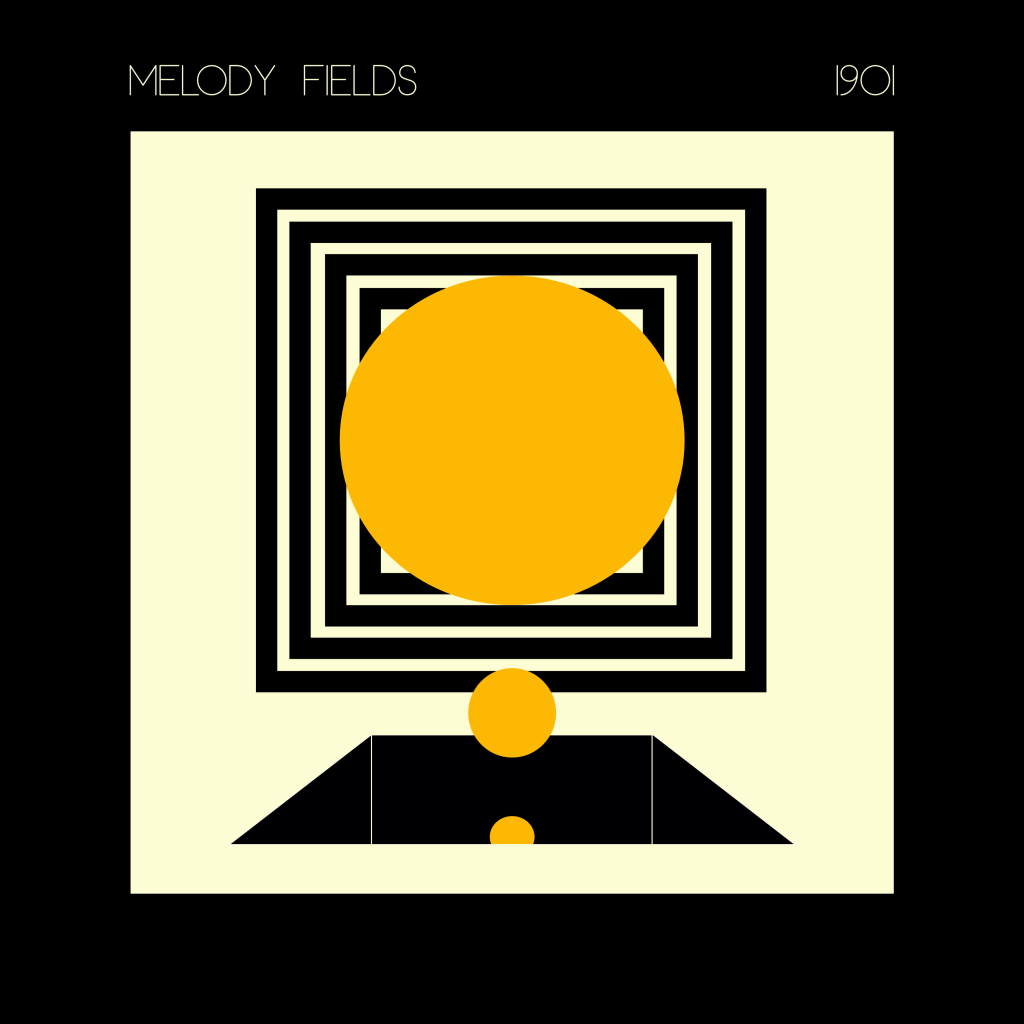

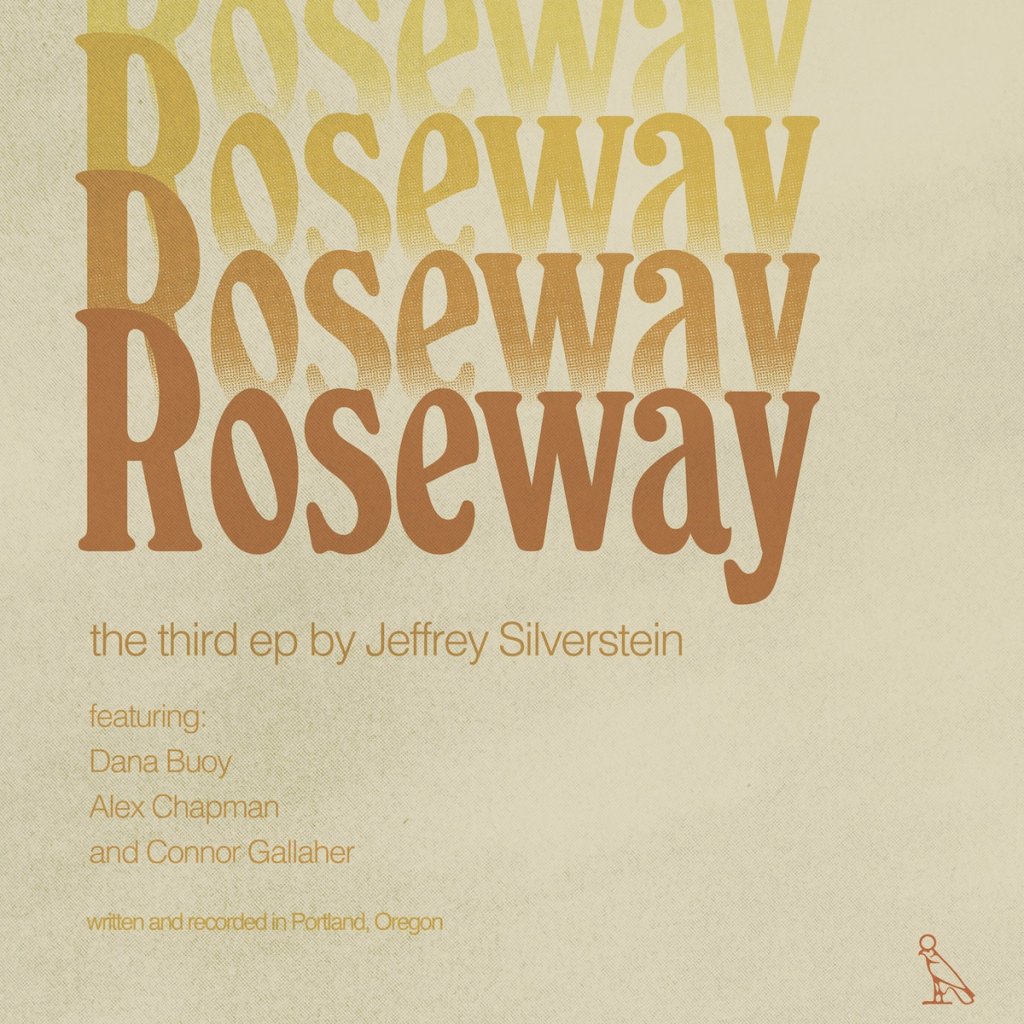
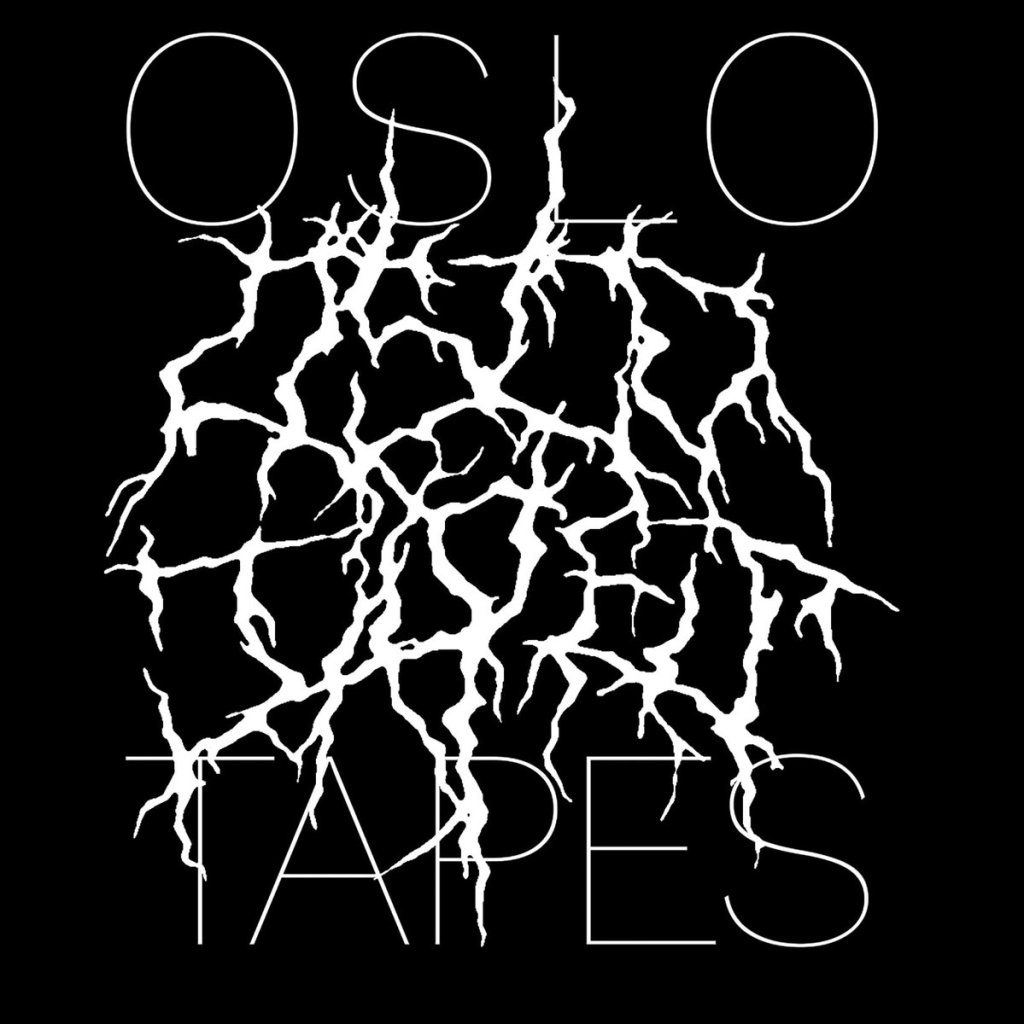
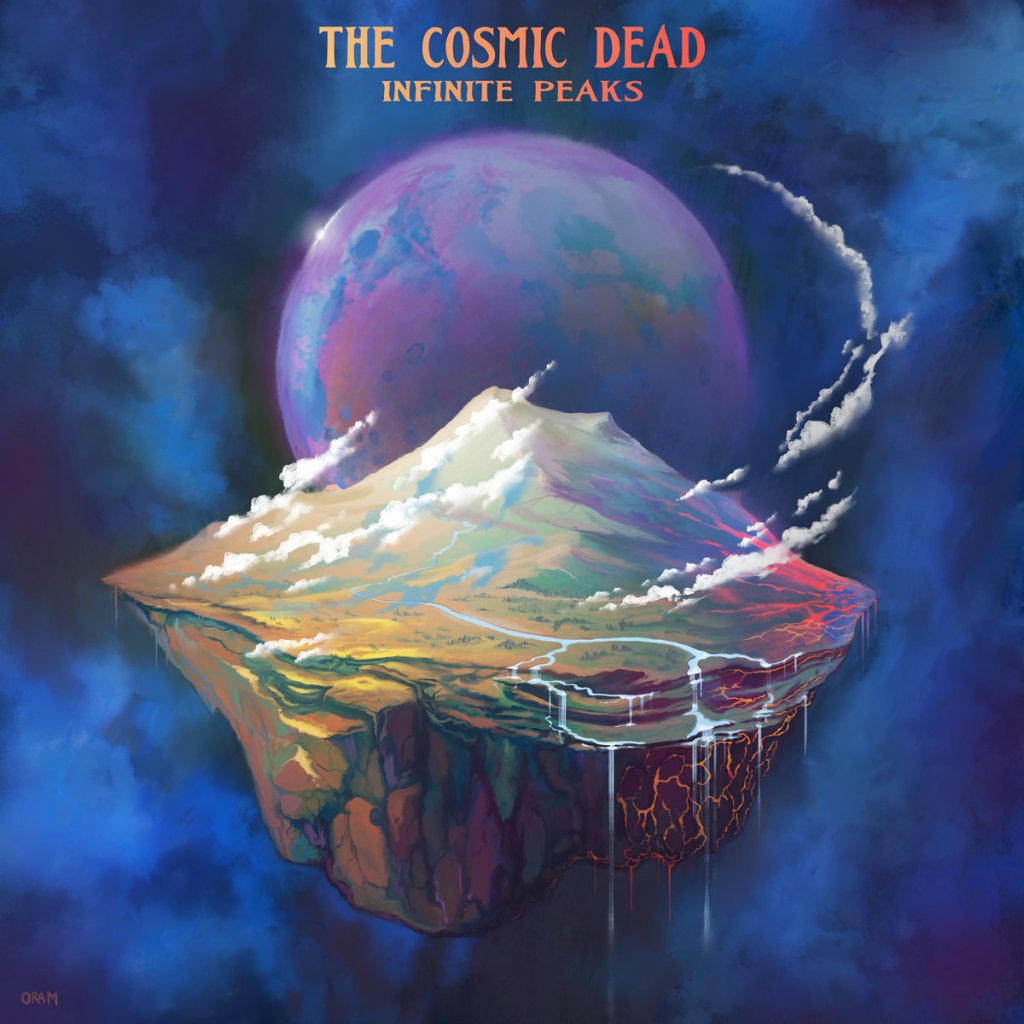
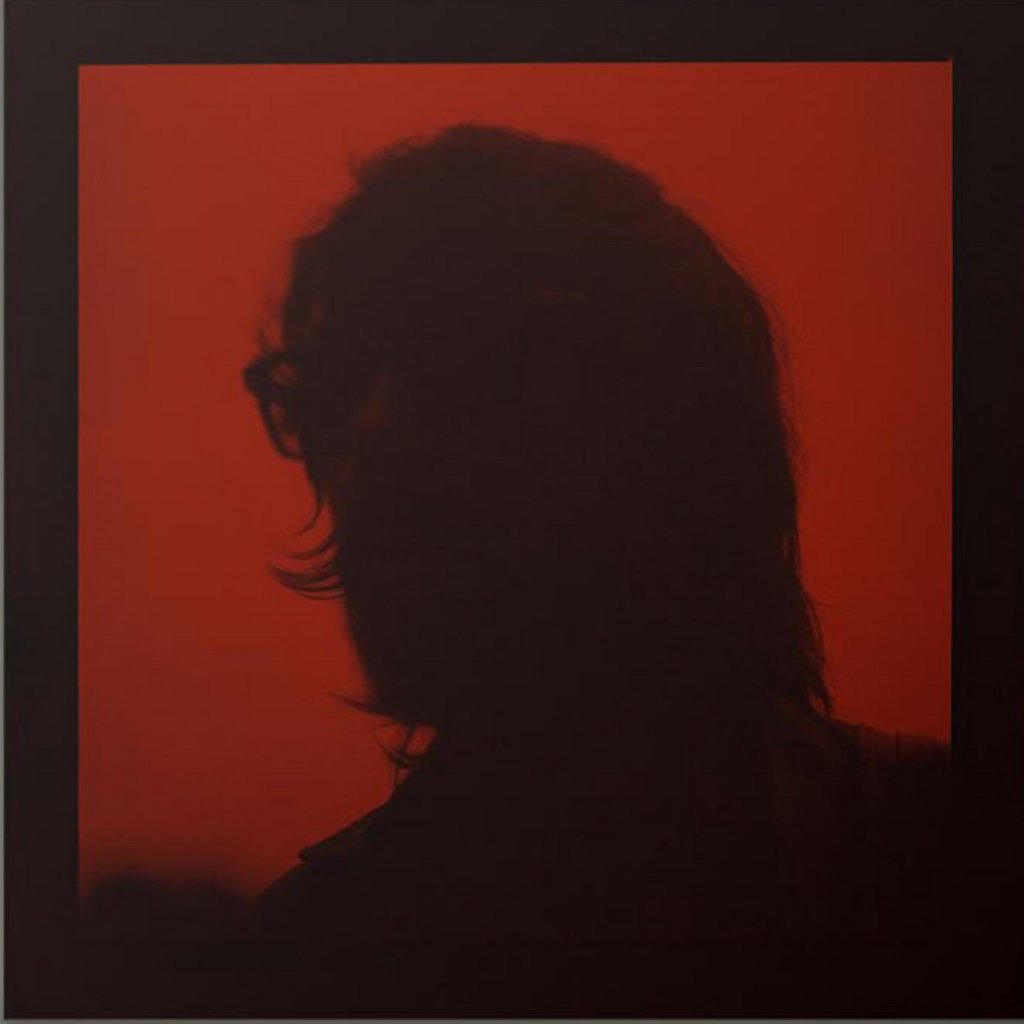
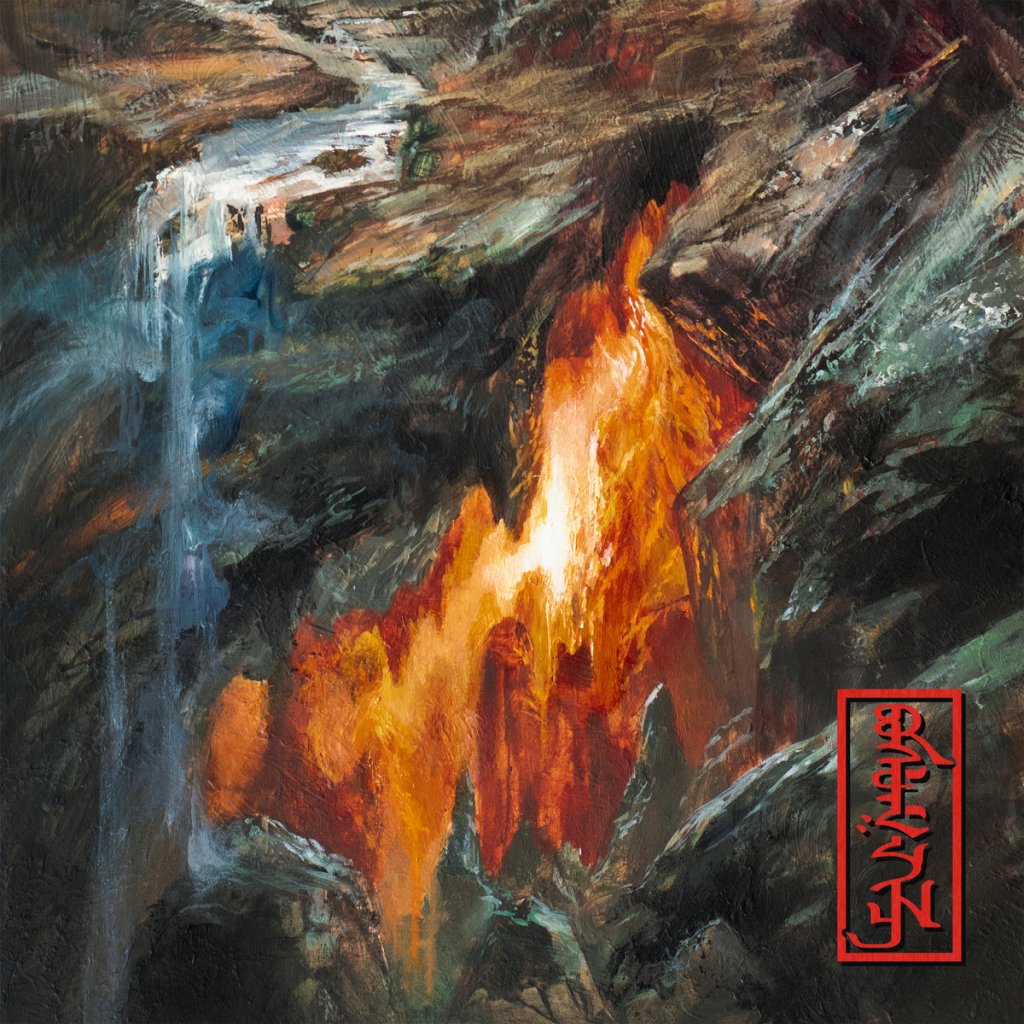
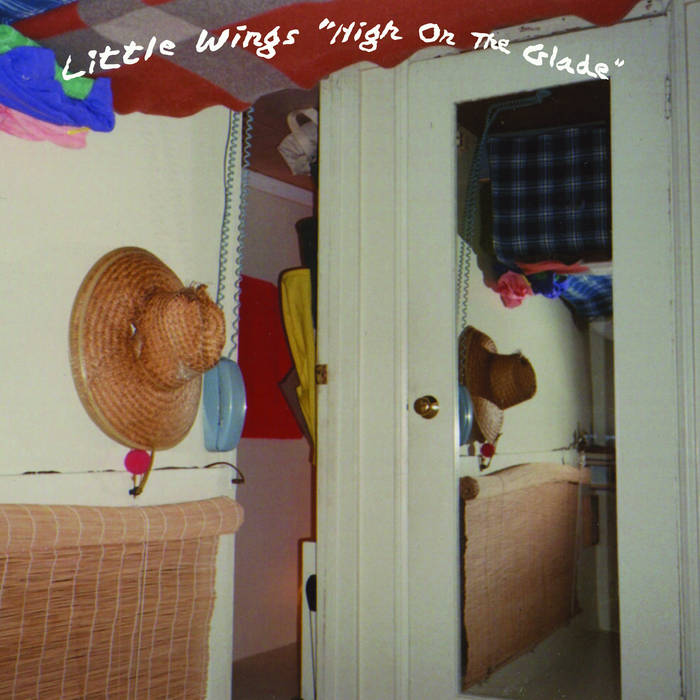
Leave a comment